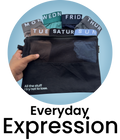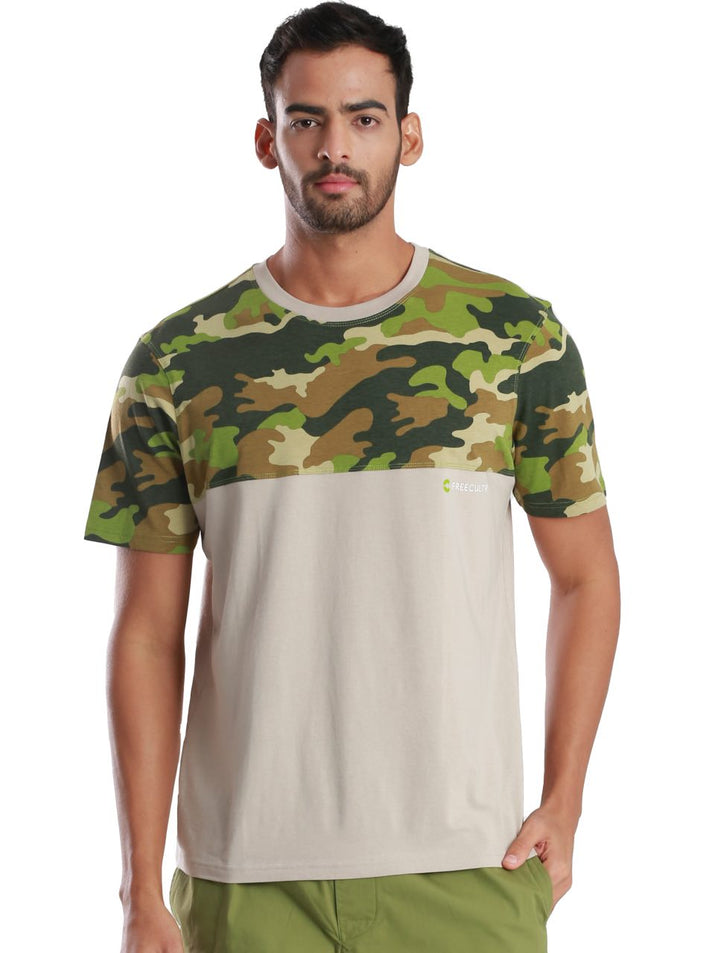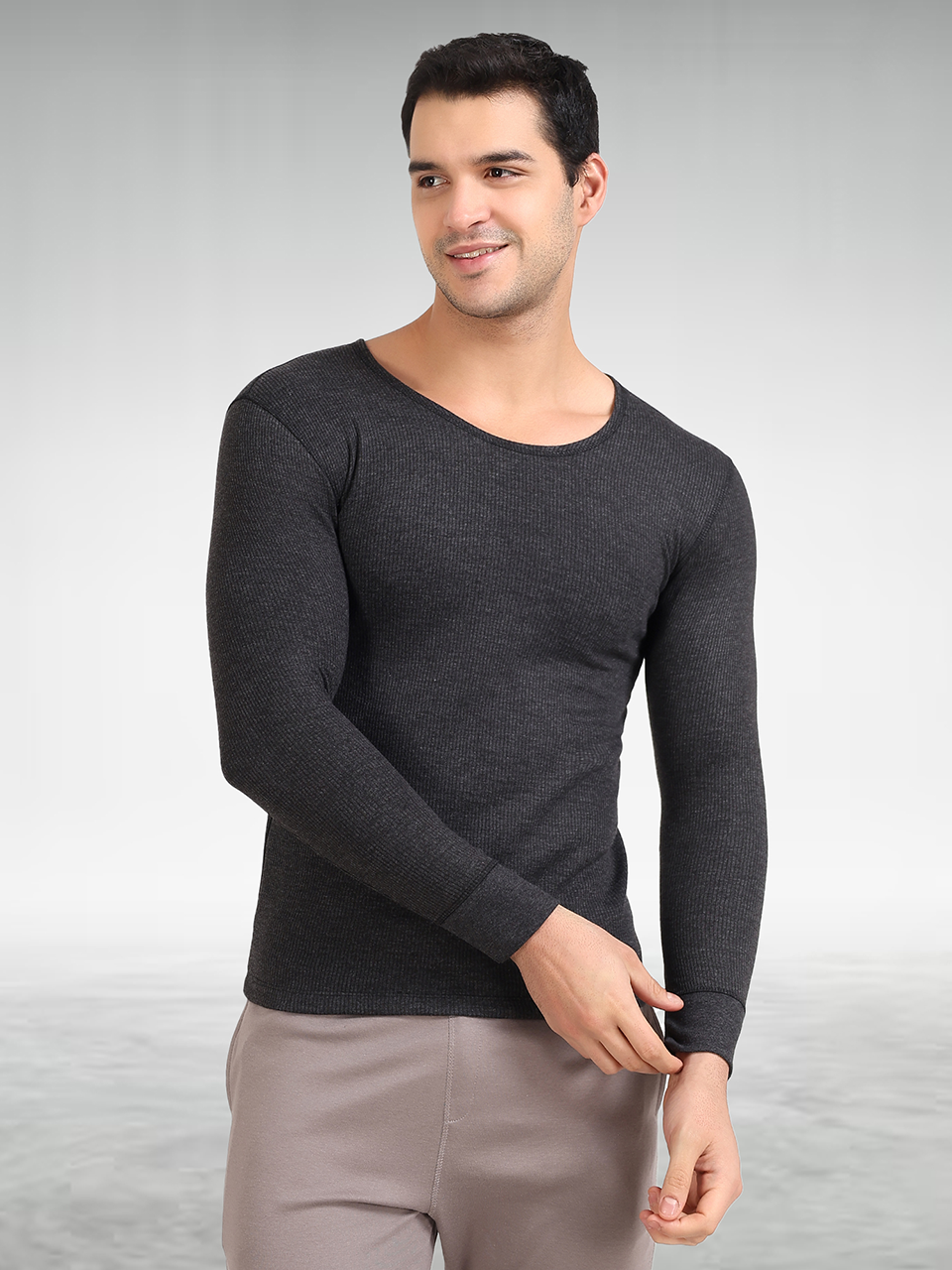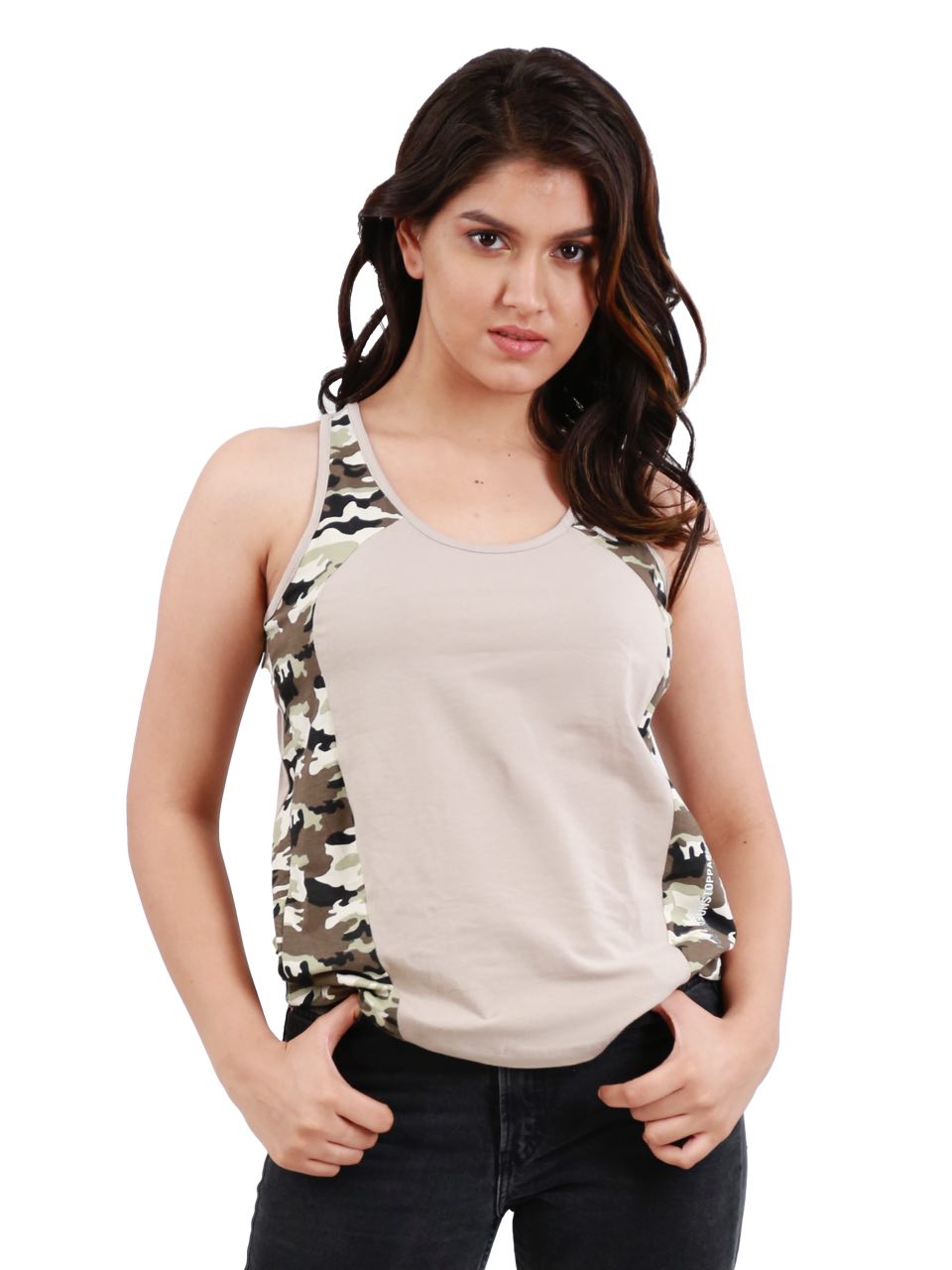Modern apparel choices increasingly demand a fusion of unparalleled comfort and robust ecological responsibility. As consumers actively seek sustainable alternatives, the bamboo tshirt stands out as a revolutionary textile innovation. Cultivated rapidly without pesticides or excessive irrigation, bamboo minimizes environmental impact, offering a significantly greener footprint compared to conventional fabrics. Beyond its impressive sustainability credentials, bamboo rayon transforms into an incredibly soft, breathable textile, naturally wicking moisture and possessing inherent anti-bacterial properties. This unique combination delivers exceptional comfort and performance, making the bamboo t-shirt a compelling choice that perfectly aligns with current trends in conscious consumption and high-performance, eco-friendly fashion.

What's the Hype About Bamboo Fabric, Anyway?
Ever wondered what makes some fabrics feel so incredibly good against your skin, almost like a second skin? If you haven't yet experienced the magic of a bamboo tshirt, you're in for a treat! Bamboo isn't just for pandas anymore; this fast-growing plant has become a superstar in the sustainable fashion world, primarily due to its ability to transform into an unbelievably soft, breathable. eco-friendly fabric. It's truly revolutionizing how we think about comfort and environmental responsibility in our wardrobes.
For years, cotton dominated our closets. as we become more aware of our planet's needs and our own comfort desires, alternatives are popping up. Bamboo fabric stands out because it offers a unique blend of luxurious feel and impressive ecological benefits. Imagine a fabric that keeps you cool when it's hot, warm when it's chilly. feels like a gentle hug all day long. That's the promise of bamboo. it delivers!
The Journey from Stalk to Softness: How Bamboo Fabric is Made
So, how does a rigid bamboo stalk become the silky-smooth fabric of your favorite new bamboo tshirt? It's a fascinating process. there are a couple of main ways it happens. Understanding these methods helps us appreciate the fabric even more.
1. The Viscose/Rayon Method (Most Common)
This is the most widely used method to turn bamboo into fabric. It involves a chemical process. don't let that scare you – the end result is safe and soft. Here's a simplified breakdown:
- Harvesting and Crushing Bamboo culms (stalks) are harvested and crushed into a pulp.
- Dissolving This pulp is then dissolved in a chemical solution, typically sodium hydroxide (caustic soda), to break down the cellulose. This creates a viscous (thick, sticky) liquid.
- Spinning The viscous solution is forced through tiny holes called spinnerets into another chemical bath (often sulfuric acid). This regenerates the cellulose into long, fine fibers.
- Washing and Drying These fibers are then washed thoroughly to remove residual chemicals and dried, ready to be spun into yarn and woven into fabric.
While this method uses chemicals, many manufacturers have improved their processes to minimize environmental impact, often by reclaiming and reusing the chemicals. The resulting fabric is typically labeled as "bamboo rayon" or "bamboo viscose."
2. The Lyocell Method (More Eco-Friendly)
The Lyocell method is considered a more environmentally friendly alternative to the viscose process because it uses a "closed-loop" system. This means that almost all the solvents used are recovered and reused, significantly reducing waste and pollution.
- Pulping Similar to viscose, bamboo is pulped.
- Dissolving The pulp is dissolved in a non-toxic organic solvent (N-methylmorpholine N-oxide, or NMMO), which is largely recovered and reused.
- Spinning The solution is extruded through spinnerets into a water bath, forming fibers.
- Washing and Drying The fibers are washed and dried.
Fabrics produced this way are often labeled "bamboo lyocell" and are known for being incredibly strong, soft. having excellent drape. If sustainability is your top priority when choosing a bamboo tshirt, looking for bamboo lyocell is a great move.
Why Your Wardrobe Needs a Bamboo T-shirt (or Five!)
Alright, let's get to the good stuff! Why should you consider swapping out your usual tees for a bamboo tshirt? The benefits are truly impressive, making it a fantastic choice for everyday wear, active lifestyles. even sensitive skin.
- Incredible Softness This is often the first thing people notice. Bamboo fabric has a silky, smooth feel, often compared to cashmere or silk. It drapes beautifully and feels luxurious against the skin. My personal experience? I bought my first bamboo tee for a long-haul flight. it felt like wearing a cloud – no itching, no stiffness, just pure comfort.
- Breathability & Temperature Regulation Bamboo fibers have microscopic holes, making them incredibly breathable. This means air can circulate freely, helping to keep you cool in warm weather. Conversely, in cooler temperatures, the fabric's structure helps to trap warm air, providing insulation. It's like a natural climate control system for your body!
- Moisture-Wicking Properties Those tiny holes also make bamboo highly absorbent and excellent at wicking moisture away from your skin. This means sweat is quickly drawn to the surface of the fabric, where it can evaporate, keeping you dry and comfortable even during a workout or on a hot day. Say goodbye to that clammy feeling!
- Hypoallergenic & Anti-bacterial Bamboo is naturally hypoallergenic, meaning it's less likely to cause allergic reactions, making it perfect for people with sensitive skin or allergies. Plus, it contains a natural bio-agent called "bamboo kun" which gives it inherent anti-bacterial and anti-fungal properties. This helps to resist odor-causing bacteria, keeping your bamboo tshirt fresher for longer – a huge plus for gym-goers and travelers!
- UV Protection Another cool benefit? Bamboo fabric offers natural UV protection, blocking a significant amount of harmful ultraviolet rays. While it's not a substitute for sunscreen, it adds an extra layer of defense when you're out and about.
- Durability Despite its softness, bamboo fabric is surprisingly strong and durable when cared for properly. The fibers are long and resilient, meaning your bamboo tshirt can withstand regular wear and washing without losing its shape or softness.
Bamboo vs. The Usual Suspects: Cotton, Polyester. More
To truly appreciate the wonder of bamboo, let's see how it stacks up against some of the most common fabrics in our closets. Each has its pros and cons. you'll see why a bamboo tshirt often comes out on top for comfort and eco-friendliness.
| Feature | Bamboo Fabric | Cotton | Polyester |
|---|---|---|---|
| Softness | Exceptional, silky smooth (often compared to cashmere) | Soft. can be coarser depending on weave/type | Can be soft. often feels synthetic or less natural |
| Breathability | Excellent, highly breathable due to fiber structure | Good, especially for natural fibers | Moderate to low, can feel clammy |
| Moisture Wicking | Excellent, quickly draws moisture away | Good, absorbs moisture but can stay wet | Excellent, wicks but can feel "wet" |
| Temperature Regulation | Excellent, keeps you cool in summer, warm in winter | Good. less adaptable than bamboo | Poor, can make you feel hot and sweaty |
| Hypoallergenic | Naturally hypoallergenic, great for sensitive skin | Generally good. can hold allergens | Can irritate sensitive skin for some |
| Anti-bacterial/Odor | Natural "bamboo kun" helps resist bacteria and odor | No natural anti-bacterial properties | Can harbor bacteria and develop odors quickly |
| Sustainability | Highly sustainable plant (fast growth, less water/pesticides) | Can be resource-intensive (water, pesticides) unless organic | Synthetic, petroleum-based, non-biodegradable |
| Durability | Good, strong fibers, maintains shape well | Good. can shrink/wrinkle | Very durable, resistant to stretching/shrinking |
As you can see, bamboo truly offers a compelling package, especially when you consider both comfort and environmental impact. For those looking for a versatile, comfortable. conscious choice, a bamboo tshirt is often the superior option.
The Eco-Warrior Within: Why Bamboo is a Green Choice
Beyond its incredible comfort, one of the biggest draws of bamboo fabric is its impressive eco-credentials. When you choose a bamboo tshirt, you're making a choice that's kinder to our planet. Here's why:
- Rapid Growth & Self-Replenishing Bamboo is one of the fastest-growing plants on Earth, with some species growing up to three feet in a single day! It's also a grass, not a tree, so it self-regenerates from its own root system after harvesting, meaning no replanting is needed. This makes it an incredibly renewable resource.
- Less Water & No Pesticides Unlike cotton, which is notoriously thirsty and often requires heavy pesticide use, bamboo needs very little water to grow (it can often thrive on natural rainfall) and doesn't require pesticides or fertilizers. This significantly reduces its environmental footprint.
- Carbon Footprint Benefits Bamboo plants absorb more carbon dioxide from the atmosphere than many other plants and produce more oxygen. They also help to prevent soil erosion, contributing to healthier ecosystems.
- Biodegradability At the end of its long life, pure bamboo fabric is biodegradable, meaning it can naturally decompose and return to the earth, unlike synthetic fabrics like polyester which can linger in landfills for hundreds of years.
When shopping, look for certifications like OEKO-TEX Standard 100, which ensures the fabric is free from harmful substances, or Global Organic Textile Standard (GOTS) if you're looking for bamboo blends with organic cotton. While the processing methods (viscose vs. lyocell) do have different environmental impacts, the raw material itself is undeniably a green powerhouse.
Caring for Your Bamboo T-shirt: Tips for Longevity
To ensure your beloved bamboo tshirt stays incredibly soft and lasts for years, a little care goes a long way. The good news is, it's generally quite easy to look after!
- Machine Wash Cold Always wash your bamboo garments in cold water on a gentle cycle. Hot water can cause shrinkage and damage the delicate fibers over time.
- Use Mild Detergent Opt for a mild, eco-friendly detergent. Avoid harsh chemicals, bleach, or fabric softeners, as these can break down the bamboo fibers and reduce their natural properties (like moisture-wicking and softness).
- Wash with Similar Colors & Fabrics To prevent color bleeding and protect the bamboo, wash it with similar colors. Avoid washing with abrasive fabrics like denim or items with zippers and hooks that could snag the material.
- Air Dry or Tumble Dry Low The best way to dry a bamboo tshirt is to air dry it flat or hang it. Bamboo dries relatively quickly. If you must use a dryer, set it to the lowest heat setting or tumble dry on a "delicate" or "air fluff" cycle. High heat is bamboo's enemy and can cause shrinkage and damage.
- Ironing (If Necessary) Bamboo fabric is naturally wrinkle-resistant. If you do need to iron, use a low heat setting and iron on the reverse side of the garment.
By following these simple steps, your bamboo tshirt will remain a soft, comfortable. durable staple in your wardrobe for a long time, continuing to deliver that incredible feeling you fell in love with.
Beyond the T-shirt: Other Amazing Bamboo Creations
While the bamboo tshirt is a fantastic entry point into the world of bamboo fabric, its versatility means it's used in a wide array of other products, bringing its unique benefits to various aspects of our lives. Once you experience the comfort, you'll likely want more!
- Bamboo Sheets & Bedding Imagine sleeping on sheets that feel like silk, regulate your temperature. are naturally hypoallergenic. Bamboo sheets are a game-changer for a good night's sleep.
- Socks Bamboo socks are incredibly soft, breathable. excellent at wicking away moisture, making them perfect for keeping your feet dry and odor-free all day long.
- Underwear & Loungewear The softness and breathability of bamboo make it ideal for garments worn closest to the skin, providing unparalleled comfort.
- Activewear Due to its moisture-wicking and anti-bacterial properties, bamboo is increasingly popular in athletic wear, keeping you cool, dry. fresh during workouts.
- Towels Bamboo towels are super absorbent and incredibly soft, often softer than traditional cotton towels.
The innovation doesn't stop there. From baby clothes to bathrobes, bamboo fabric is proving itself to be a superior, eco-conscious choice across countless textile products. So, next time you're shopping for comfort and sustainability, remember the humble yet mighty bamboo!
Conclusion
Embracing bamboo T-shirts isn't just a fleeting trend; it's a conscious step towards a more sustainable and incredibly comfortable wardrobe. As someone who’s transitioned much of my everyday wear, I can genuinely attest to the unparalleled softness and breathability bamboo offers, especially during humid summer days or active pursuits. This remarkable fabric, requiring significantly less water and no pesticides to grow, aligns perfectly with the current global push for genuinely eco-friendly alternatives, making it a truly smart choice for the modern, discerning consumer. So, take this opportunity to experience the difference for yourself. Start by swapping out one of your everyday tees for a bamboo alternative; you'll likely notice the enhanced comfort and freshness immediately, just as I did. Every decision we make, from the food we eat to the clothes we wear, holds power. Choosing bamboo is a simple yet impactful way to invest in your personal well-being while contributing positively to our planet's future. It’s time to feel good, inside and out.More Articles
Tank Top – Cool Comfort & Active PerformanceMen's T-Shirt – Classic Style & Lasting Durability
Men's Tank Top – Athletic Freedom & Cool Comfort
Women's Tank Top – Lightweight Feel & Stylish Layering
FAQs
What makes bamboo t-shirts so special?
Bamboo t-shirts are made from incredibly soft bamboo fibers, offering a luxurious feel against your skin. They're also highly breathable, naturally moisture-wicking. an excellent eco-friendly choice compared to many traditional fabrics.
How is bamboo fabric considered eco-friendly?
Bamboo is a fantastic sustainable resource. It grows incredibly fast without needing pesticides or much water. it regenerates quickly after harvesting. This makes it a much greener option that helps reduce environmental impact.
Is it really that soft?
Absolutely! Many people describe bamboo fabric as feeling like silk or cashmere. Its fibers are naturally smooth and round, which contributes to a non-irritating, luxurious feel that you'll want to wear all day.
Besides softness and being green, what other perks do bamboo tees offer?
Plenty! Bamboo fabric excels at wicking moisture away from your body, keeping you dry and comfortable. It's also naturally breathable, helping regulate your temperature. even boasts natural anti-bacterial properties, which can help prevent odors.
How should I care for my bamboo t-shirt?
It's pretty easy! Machine wash your bamboo t-shirt in cold water on a gentle cycle. Use a mild detergent and avoid bleach. Tumble dry on low heat or, even better, hang it to air dry to maintain its softness and shape for longer.
Are bamboo t-shirts durable? Will they last?
Yes, they are surprisingly durable. While incredibly soft, bamboo fibers are also strong. With proper care, your bamboo t-shirt can last a long time, retaining its shape and luxurious feel wash after wash.
Why choose bamboo over cotton?
While cotton is common, bamboo often surpasses it in several ways. Bamboo is generally softer, more breathable. has superior moisture-wicking properties. Environmentally, bamboo is a more sustainable crop, requiring less water and no pesticides compared to conventional cotton.





